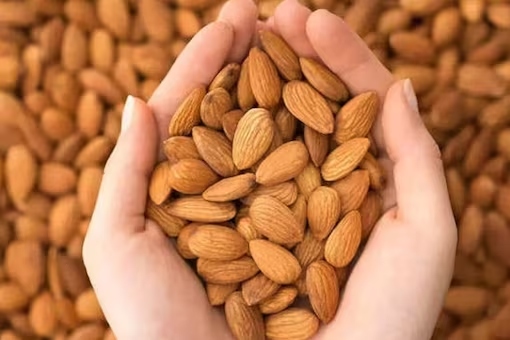Almonds are a powerhouse of nutrition and a popular choice among those who prioritize their health. They can be enjoyed in various forms, but when it comes to eating almonds, you often have two options: soaked or unsoaked. In this article, we’ll delve into the benefits of soaked almonds.
Almonds are packed with essential nutrients, making them a great addition to your diet. They are not only a delicious snack but also provide numerous health benefits. This is especially important for children, as they need proper nutrition for growth and development. Similarly, the elderly can benefit from almonds as they require energy to support their daily activities. Almonds can be quite hard to chew, particularly for older individuals. Soaking almonds in water, removing their peel, and then consuming them is a solution to this issue.
While some argue that soaked almonds offer no significant nutritional advantage over their unsoaked counterparts, others contend that the soaking process can enhance their nutritional value. The peel of almonds contains tannins, a chemical substance that may hinder nutrient absorption. Therefore, soaking and peeling almonds could potentially provide more nutritional benefits to the body.
When almonds are soaked, certain enzymes are released, which can aid in digestion. This makes soaked almonds a suitable choice for those looking to support their digestive health.
Moreover, soaked almonds are believed to promote brain health and memory function. They can also contribute to better immunity and muscle health when incorporated into your diet.
If you’re watching your weight, consider having soaked almonds for breakfast.
They contain monounsaturated fats that help control appetite, making it easier to manage your calorie intake.
Almonds are rich in essential nutrients like Vitamin B2, Vitamin E, magnesium, and phosphorus. The best part is that they are available year-round, making them a convenient choice for maintaining a healthy diet.
Preparing soaked almonds is easy. Simply soak them in water for 6 to 7 hours, and they will be ready to eat. You can store them in a container, and they will remain fresh for the next 4 to 5 days.


